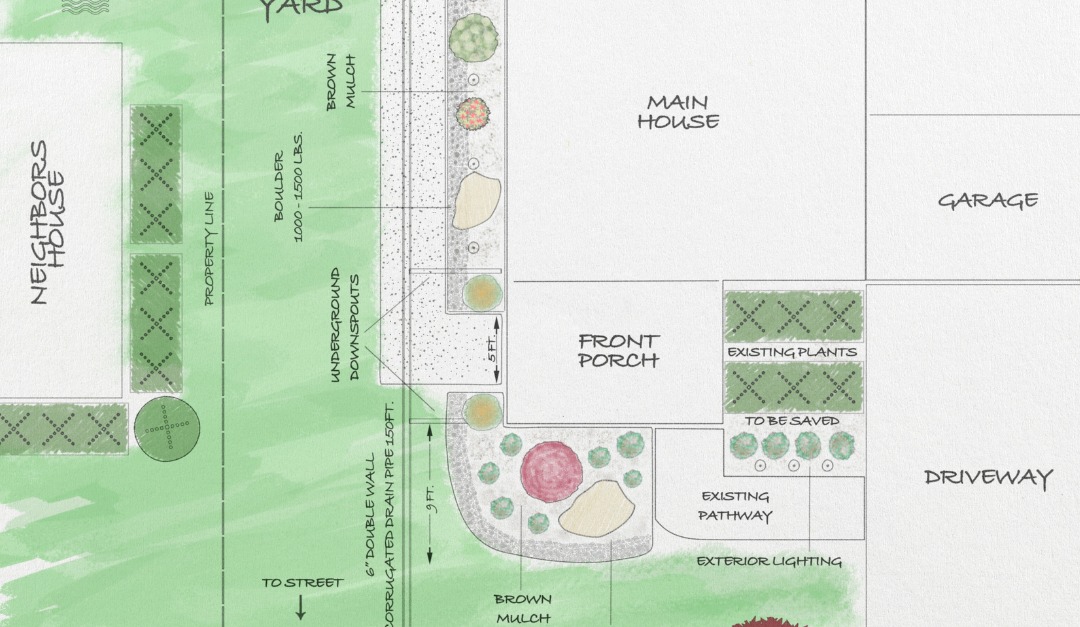If your neighbor is planning to put up a fence, you may welcome the idea of having more privacy, but you should check the location of property lines before the fence is constructed. If a fence is put in the wrong location, it can affect your property ownership rights and may lead to problems if you decide to sell your home later.
What Is Adverse Possession?
Under the principle of adverse possession, someone may become the legal owner of another person’s property if the parties accept a new, de facto boundary. If your neighbor or a contractor makes a mistake and puts the fence on your property and you don’t object, your neighbor can eventually become the legal owner of the parcel of land that was accidentally included on their side of the fence. The reasoning is that by not objecting to the location of the fence, you accepted that as the new boundary line separating your property from your neighbor’s.
For a neighbor to become the owner of the parcel of land, the possession must be open to the world, hostile to the interests of the true owner, exclusive and continuous. A fence that’s in plain view is open to the world. The fact that a neighbor is using a piece of your land and you cannot use it means the possession is hostile to your interests and exclusive.
The adverse possession must be continuous for a period of time set by law before the neighbor can become the legal owner of the piece of land. The time frame varies from state to state.
What to Do If a Neighbor’s Fence Encroaches on Your Property
Adverse possession cases usually begin with an honest mistake. If you think the fence is in your yard, contact a surveyor to check the location of the property line between your and your neighbor’s home. If you discover the mistake before the period of time required by state law has passed, your neighbor will not be able to make a valid claim for adverse possession. You can ask the neighbor to move the fence and take the neighbor to court if he or she refuses.
If you don’t need or want to use the piece of land that your neighbor accidentally claimed, but you don’t want to give up your ownership rights and have a problem if you decide to sell your home in the future, you and your neighbor can sign a rental agreement that allows the neighbor to borrow the piece of your land for a small annual payment. If you agree to let your neighbor rent the land and your neighbor pays you for it, that means the arrangement is not hostile to your interests. That can prevent your neighbor from claiming adverse possession in the future.
Laws related to land ownership and adverse possession vary from state to state. If you have questions about the laws where you live and your legal rights, contact a real estate attorney.











